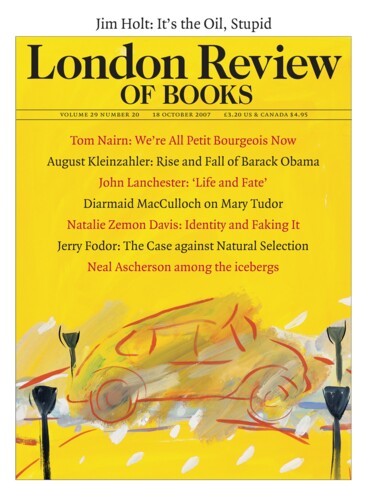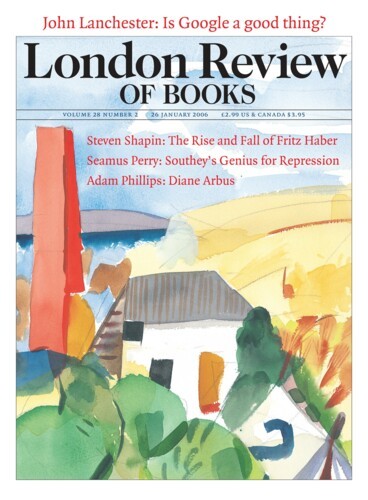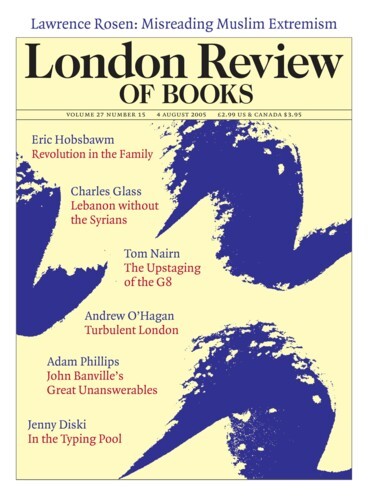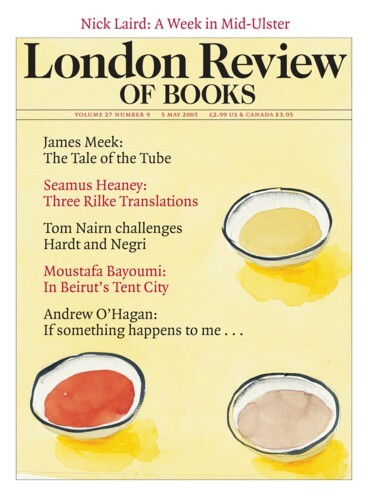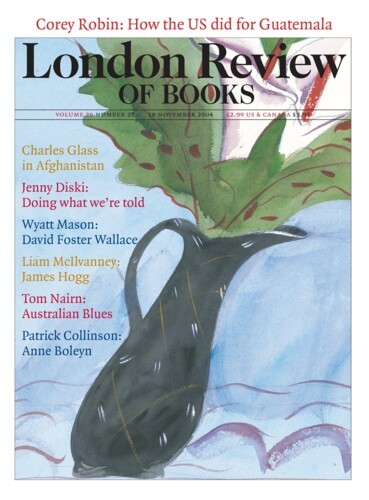The Enabling Boundary: We’re All Petit Bourgeois Now
Tom Nairn, 18 October 2007
Dans mes bras, un cyclone imaginaire flotte sur moi l’onde solitaire Je suis la rivière qui penche Le torrent qui s’élance Je murmure sous la glace, je connais les abîmes, les méandres irrésistibles, Dans mes bras tourbillonne un cyclone imperceptible, Sous mes pieds, des jardins imaginaires…
Anabase, ‘Le Bonheur flou’
These...
